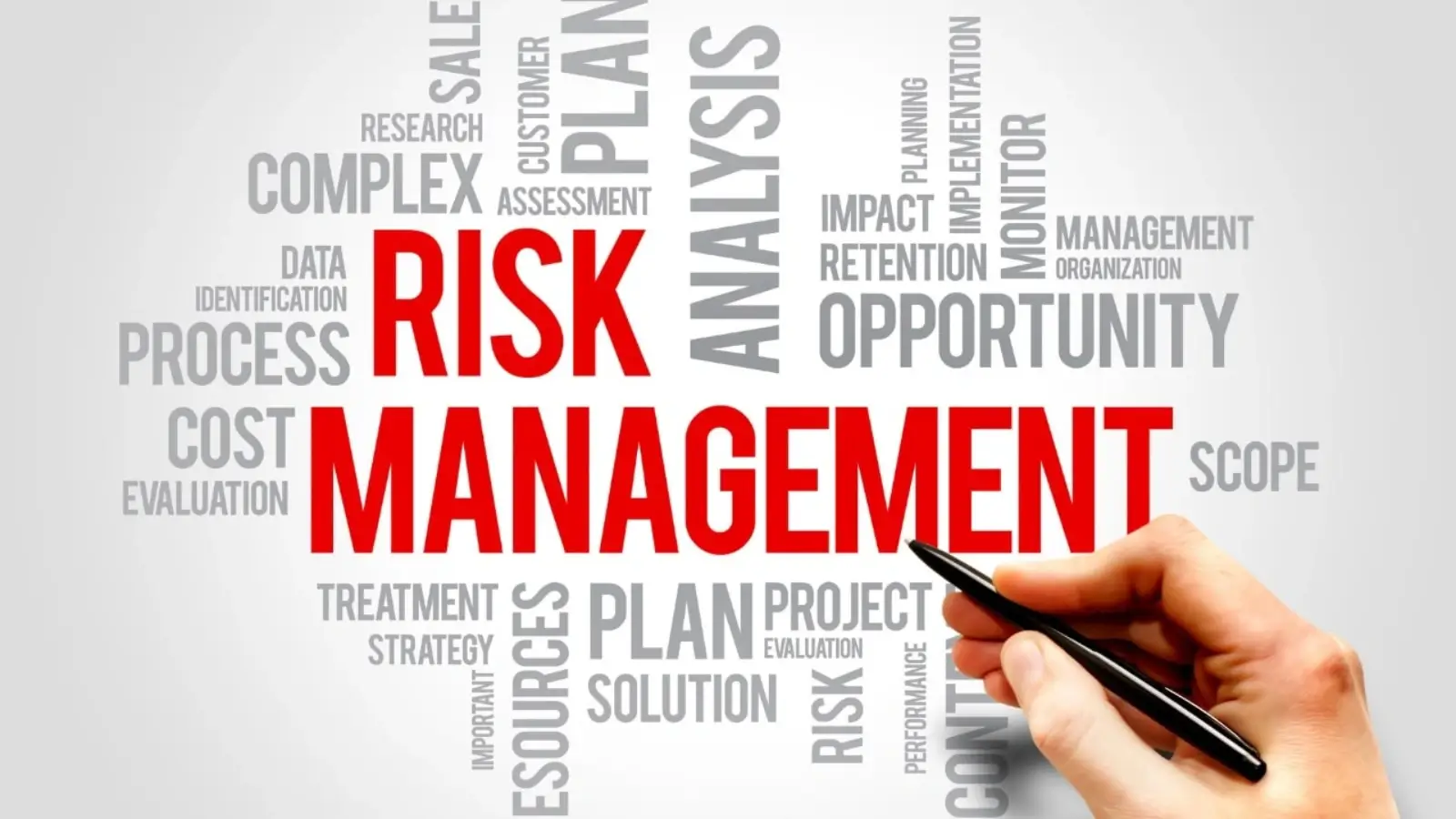


In today’s global economy, uncertainty is the only constant. Whether it's the fluctuations in foreign exchange, unexpected regulatory changes, supply chain disruptions, or sudden shifts in consumer behavior, businesses face a multitude of financial risks that can erode profits, damage reputations, and threaten long-term viability. Without a proactive strategy to manage these risks, even the most well-funded enterprise can find itself exposed. That’s why obtaining professional financial risk advice is not merely an option—it’s a necessity for sustainable growth and resilience.
One of the most effective ways for organizations to build this resilience is to engage with experienced business management consultants. These experts bring a structured, analytical approach to examining your business’s exposures, designing controls, and recommending solutions that align with your strategic objectives. They have the hands-on experience to assess what might go wrong and to prepare processes that can mitigate or even avoid those threats. When done well, this transforms risk from a threat into a competitive advantage.
Before diving into solutions, it’s vital to understand the types of financial risk your organization might face. These risks can include market risk (price fluctuations in commodities, currencies, or interest rates), credit risk (customers or counterparties failing to pay), liquidity risk (struggling to meet short-term obligations), and operational risk (internal failures or environmental disruptions). There’s also systemic risk, which affects whole markets or industries, and reputational risk, which can emerge from any weak link in your operations or governance. A careful, tailored evaluation is essential.
Businesses that don’t adequately anticipate risks may suffer severe consequences: lost revenue, cost overruns, compliance penalties, or even collapse under pressures they didn’t see coming. Moreover, stakeholders—investors, customers, partners—will scrutinize companies for their ability to manage risk. Poor risk management can damage investor confidence, lead to stock price drops, or reduce access to financing. In sectors like finance, healthcare, or critical infrastructure, the fallout from mismanagement of risk can be catastrophic.
While internal teams may have insight into parts of the risk landscape, professional advisors bring holistic vision. They offer tools, benchmarks, and best practices drawn from working across industries and handling edge-cases. Consultants can simulate stress scenarios, perform sensitivity analyses, and help tailor risk policies and governance frameworks that internal teams might not have the bandwidth to develop independently. Importantly, they also help build a culture of risk awareness throughout the organization—as every employee has a role to play in spotting warning signs before they escalate.
Professional financial risk advisory services often encompass:
Risk assessment and mapping
Scenario planning and stress testing
Risk appetite and tolerance definition
Governance, control design, and compliance
Monitoring and reporting
One of the most significant oversights organizations make is treating risk management as a separate discipline, rather than integrating it into strategic planning. Risk strategy should inform product development, investment decisions, M&A activity, expansion into new markets, and even hiring and operations. For instance, when entering a new geographic market, risk advice can help anticipate foreign-exchange volatility, political changes, or different regulatory requirements—allowing for contracts or risk mitigation tools to be prepared in advance.
Not all risk advisors are the same. The right partner should:
Have deep domain expertise in your industry or a comparable one.
Use data-driven methods as well as qualitative assessments.
Work collaboratively with your existing teams.
Be transparent about both costs and deliverables.
Engaging professional financial risk advice is an investment. There is an upfront cost—fees, time, and resources required. However, the return on that investment can be substantial: avoided losses, smoother operations, enhanced compliance, better decisions under uncertainty, improved access to capital, and even improved business valuation. Organizations that can demonstrate rigorous risk management often command better credit terms, attract more investors, and survive economic shocks more effectively.
When your organization is ready to elevate its risk management maturity, consider working with specialist risk advisory companies. These firms bring structured methodologies, cross-industry exposure, and specialized tools to identify complex interdependencies in your risk profile. They often provide not just advice but implementation support—helping companies build or refine their enterprise risk management (ERM) systems, embedding risk metrics into performance dashboards, and ensuring that risk considerations influence strategic decisions at the board level.
To illustrate the power of professional financial risk advice, here are a few examples:
A manufacturing firm hedged currency risk and improved margins.
A retail chain used scenario planning to survive a recession.
A financial services company revamped compliance to avoid penalties.
If you’re considering professional financial risk advice, here’s how to move forward:
Assess current maturity
Define objectives
Select your advisor carefully
Co-create solutions
Monitor, review, adapt
Working with professional risk advisors is not without its challenges. Organizations can face internal resistance, tensions between growth and caution, or limits on data for accurate modeling. Overly complex frameworks may also slow progress if not balanced carefully.
In an age where surprises are inevitable, businesses that proactively manage financial risk stand a much better chance of not only surviving but thriving. By partnering with trusted advisors—whether business management consultants early on, or specialist risk advisory companies for deeper work—you build systems, culture, and leadership that turn risk into a strategic asset. Investing in risk advisory is investing in business resilience, aligned growth, and competitive edge.